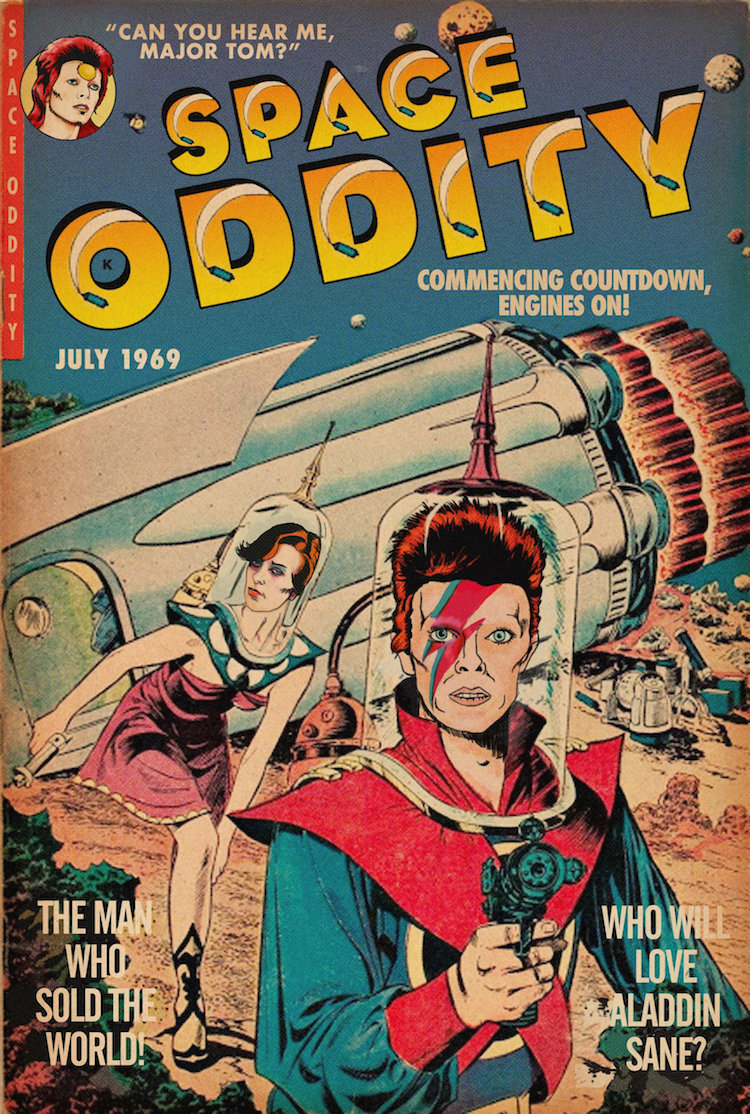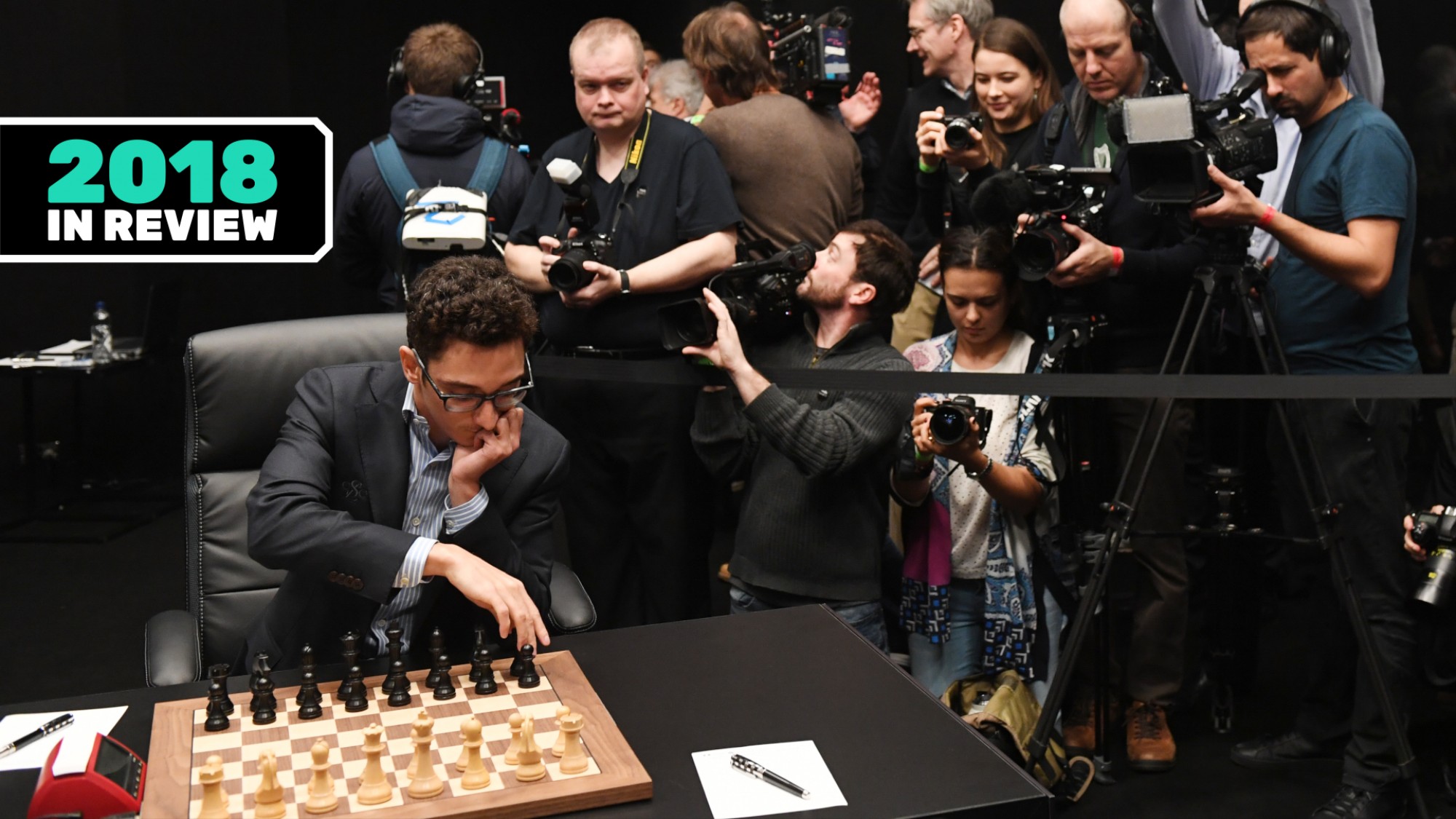Hey, Mom! Talking to My Mother #1162 (SoD #1521) - Dog Shaming and Gallimaufry for 1904.20
So I have this DOG SHAMING calendar. It brings me endless joy.
But sometimes I think that the "shame" is more on the owners than the dogs. Like check out this note and then look at the dog's face!!
This is one freaked out dog.
And then look again at the note. "I left my dog bone out." Really? The dog knows to put away his dog bone??
Really?
And all that specific set of consequences to tripping over dog toys. Wow. That's some serious anxiety, control freak weirdness.
I would love for the person who sent this in to find my blog!
But come on. Seriously. If we have dogs, and we're not tripping over dog toys all the time, seems to me, then, we have bigger problems than tripping, like freaked out and unhappy dogs.
Just sayin.
This entry was going to be THROWBACK THURSDAY, but then I was not ready to throwback on Thursday. So here we are on Saturday, and I am typing these words two days later on Monday.
And now it's Tuesday. This is what happens. I am purposefully holding back om work to complete this and then post Sunday's, which is done, and then start cobbling together Monday and Tuesday.
I have collected a variety of links here over the last week or two. I loaded some recent images from the FILE DOWNLOAD folder, and then I pasted an entire SENTIERS, Patrick Tanguay's excellent newsletter because he shared a D&D article by author Annalee Newitz. Rad.
This one:
No.75 — AI changing lives. D&D is cool. Surveillance. A studio for ideas. Undersea cables. Right to repair. GoT.
And now for some vetting of the content. Thanks for clicking in.
YES, back in time... a Bandcamp weekly show from three days in the future from the published date of this blog. The image caught my attention.
first track from ......
So, I came across this site the other day: https://louderminds.com/. I have tasked my students with writing essays about a motto for living life that they hold dear. They have to find an article for part or all of their motto so that they may react to it. One student found an article on this site that claims to be "introverting in progress."
I wonder if Michele Connolly was inspired by Susan Cain or if she was writing before Susan Cain's The Quiet Revolution.

I am going to a separate post on the Black Hole picture, but here's a brief announcement about it.
https://science.slashdot.org/story/19/04/10/1359252/black-hole-picture-captured-for-first-time-in-space-breakthrough?utm_source=rss1.0mainlinkanon&utm_medium=feed
https://www.mlive.com/news/2019/04/mystery-push-to-make-colons-name-vanish-has-magic-capital-residents-baffled.html
I did always think that "Colon" is a weird name for a town.

Aren't these GREAT??
https://mymodernmet.com/david-bowie-pulp-fiction-book-covers-todd-alcott
https://waypoint.vice.com/en_us/article/nepg5d/in-2019-we-need-to-learn-how-to-break-a-perpetually-tied-game
I just discovered that one of my former students did this really cool thing at MSU in pursuit of her PhD, which is so cool. I knew she would become an amazing scholar. As an undergraduate, she was far beyond most (if not all) of her peers.
http://www.cal.msu.edu/news/faciloscope
IMAGES..............
+++++++++++++++++++++++++++++++++++++++++++++++++++++++++++++++++++++++
+++++++++++++++++++++++++++++++++++++++++++++++++++++++++++++++++++++++
+++++++++++++++++++++++++++++++++++++++++++++++++++++++++++++++++++++++
Reflect and connect.
Have someone give you a kiss, and tell you that I love you, Mom.
I miss you so very much, Mom.
Talk to you tomorrow, Mom.
+++++++++++++++++++++++++++++++++++++++++++++++++++++++++++++++++++++++
+++++++++++++++++++++++++++++++++++++++++++++++++++++++++++++++++++++++
+++++++++++++++++++++++++++++++++++++++++++++++++++++++++++++++++++++++
- Days ago = 1386 days ago
- Bloggery committed by chris tower - 1904.20 - 10:10
NEW (written 1708.27) NOTE on time: I am now in the same time zone as Google! So, when I post at 10:10 a.m. PDT to coincide with the time of your death, Mom, I am now actually posting late, so it's really 1:10 p.m. EDT. But I will continue to use the time stamp of 10:10 a.m. to remember the time of your death, Mom. I know this only matters to me, and to you, Mom.
first track from ......
So, I came across this site the other day: https://louderminds.com/. I have tasked my students with writing essays about a motto for living life that they hold dear. They have to find an article for part or all of their motto so that they may react to it. One student found an article on this site that claims to be "introverting in progress."
A place for introverts to not meet, quietly, and in a well planned way
I wonder if Michele Connolly was inspired by Susan Cain or if she was writing before Susan Cain's The Quiet Revolution.

I am going to a separate post on the Black Hole picture, but here's a brief announcement about it.
https://science.slashdot.org/story/19/04/10/1359252/black-hole-picture-captured-for-first-time-in-space-breakthrough?utm_source=rss1.0mainlinkanon&utm_medium=feed
https://www.mlive.com/news/2019/04/mystery-push-to-make-colons-name-vanish-has-magic-capital-residents-baffled.html
COLON, MI – In St. Joseph County not far from the Indiana border there is a Michigan town with a funny name.
Colon.
It’s less than two square miles in area. It’s home to about 1,200 residents. And is proudly known as “The Magic Capital of the World.”
Yes, history is strong in Colon, but, like the magic it’s known for, at least one person wants the name to vanish into thin air.
I did always think that "Colon" is a weird name for a town.

Aren't these GREAT??
Artist Reimagines David Bowie Songs as Old Pulp Fiction Book Covers
https://mymodernmet.com/david-bowie-pulp-fiction-book-covers-todd-alcott
When LA-based screenwriter Todd Alcott isn’t writing for feature films, he’s working on his artistic side project. He merges his love of pulp fiction with music to create David Bowie-inspired vintage comic book covers.
Alcott uses pre-existing vintage paperbacks as his starting point, before digitally altering the text and parts of the image to create his mashup prints. These once loved, now tattered and worn books have been given a new lease on life, and Alcott has chosen no better subject to grace their covers than the equally beloved Starman. And best of all, Bowie’s fascination with sci-fi, his outlandish fashion, and his love of the antihero make him a natural fit as a graphic novel protagonist.
https://waypoint.vice.com/en_us/article/nepg5d/in-2019-we-need-to-learn-how-to-break-a-perpetually-tied-game
In 2019, We Need to Learn How to Break a Perpetually Tied Game
A year immersed in tactics games have me thinking a lot about how to push through gridlock.
I wrote in my review that its take on transparency and movement-based combat transformed player into choreographer. And in doing so, it made me less interested in getting traditional tactics wins. Into the Breach isn’t about “clearing the board” of enemies. It’s about protecting certain tiles on the map (and the innocent people there-in). How do you break a draw in a game like Into the Breach, where “winning” often looks like a draw? Attrition.
Get good enough at the basics that you can keep the kaiju from doing damage, outlast them for long enough, and eventually a grand opportunity will be revealed for real success. If ItB were to give you advice on how to break through gridlock, it would tell you to lean on proceduralism and politicking to maintain the status quo until you have enough momentum and confidence to shift things your way
(Then, you know, dive into a volcano with your mechs. Easy.)
(Then, you know, dive into a volcano with your mechs. Easy.)
I just discovered that one of my former students did this really cool thing at MSU in pursuit of her PhD, which is so cool. I knew she would become an amazing scholar. As an undergraduate, she was far beyond most (if not all) of her peers.
http://www.cal.msu.edu/news/faciloscope
Minh-Tam Nguyen, a third-year Ph.D. student in WRAC who is studying digital rhetoric, and Ian Clark, a junior undergraduate student in the College’s new experience architecture program, have also played important roles.
As a member of Grabill's research team, Nguyen helped ensure the facilitation app met the needs of the museum educators for whom it was intended. Clark worked on design of the data visualizations and user interface, and helped with research to build the text corpus for training the machine-learning algorithm.
“Under the first grant, we sought to evaluate online facilitation in a consistent way,” says Hart-Davidson. “That only involved instances where we marked online discussions by hand. On the second grant, we sought to zero in on facilitation practices being used and identify the 5-6 high-value facilitation moves.”
For the app, the group identified three, high-value facilitation “moves” for moderators to use that often move conversations along. These include:
- Staging—putting a fact out there to stimulate or set up the conversation
- Evoking—trying to connect ideas using someone’s else’s comment(s)
- Inviting—a more direct version of evoking, such as “I’m going to ask (name) to weigh in on this.”
The latter, Hart-Davidson says, is only used in reference to something said earlier, such as, “So, you mean something like …, or “Are we sure that …?” These moves can be used by moderators in response to negative valence evoking behavior (trolling), or to help move the discussion along or bring the conversation back to the central issue(s).
also -
https://www.imls.gov/blog/2016/07/faciloscope-new-tool-facilitation-toolkit-blogs-and-social-media
also -
https://www.imls.gov/blog/2016/07/faciloscope-new-tool-facilitation-toolkit-blogs-and-social-media
 |
| Experience Architecture junior Ian Clark and third-year Ph.D. student Minh-Tam Nguyen |
— Luciella Scarlett (@LuciellaES) April 17, 2019
#DnD #ttrpg #UncagedAnthology Volume 1 is sitting at 1999 copies sold. Buy 1 more, you cowards: https://t.co/8OKOJ6UgTs
IMAGES..............
Sentiers No.75
This week: AI changing lives. D&D is cool. Surveillance. A studio for ideas. Undersea cables. Right to repair. Game of Thrones isn’t Medieval.
|
 |
How will AI change your life?
Really really good interview with the AI Now Institute founders Kate Crawford and Meredith Whittaker, covering many of the worries and problems around AI and ethics. Notice how they always circle back to data sources and whether we are asking the right questions. Nothing massively new but it recaps and grasps the scope of the problem—as can be understood from the large number of quotes below (!!). You might also want to watch the Screening Surveillance videos further down right after reading this, perfect match.
Why the Cool Kids Are Playing Dungeons & Dragons
The de-geeking and mainstreaming of D&D seems to be complete and Annalee Newitz has an excellent take on why she’s playing again, partially in response to the awfulness of social media. (Also, there’s a bunch of “nerdy-ass voice actors” playing D&D on Twitch and some of their videos on YouTube have 10 million views and they raised $12 million on Kickstarter for an animated series. 🤯)
Screening Surveillance
Three short films raising important issues of surveillance, set a few months (days? minutes? arrived?) in the future(s). Since this is an academic project, I also found it quite interesting that they provide facilitator guides and media packs for use in class and to publicize events people might hold to discuss the stories and issues. Quite secondary to their message but I loved the way they represent screen interactions and would love for my voice assistant to be named Zola
Muse: designing a studio for ideas
I’m always writing about, or alluding to, the “crazy” or “red string” walls for thinking through things so this concept for an app that would be a “studio for ideas” appeals to me a lot, and I tend to like the implementation. I haven’t spent much time considering options so I’d be happy to read more and your comments on this. (I do wish they had a longer narrated demo in addition of all these short snippets.)
The future of undersea Internet cables: Are big tech companies forming a cartel?
The GAFA spreading their influence ever further, building their moats by laying down their cables.
Miscellany
—
Sentiers is a weekly newsletter curated by me, Patrick Tanguay. Hit reply to see how we could work together on projects involving knowledge curation, publishing, forecasting, or sense making.
If you want to support the project, you can become a patron, subscribe to the business briefings, or share this issue with friends and on social. Thanks!
ⓢ
|
| You are receiving this email because you opted in via sentiers.media. Our mailing address is: Want to change how you receive these emails? You can update your preferences or unsubscribe from this list. |
+++++++++++++++++++++++++++++++++++++++++++++++++++++++++++++++++++++++
+++++++++++++++++++++++++++++++++++++++++++++++++++++++++++++++++++++++
+++++++++++++++++++++++++++++++++++++++++++++++++++++++++++++++++++++++
Reflect and connect.
Have someone give you a kiss, and tell you that I love you, Mom.
I miss you so very much, Mom.
Talk to you tomorrow, Mom.
+++++++++++++++++++++++++++++++++++++++++++++++++++++++++++++++++++++++
+++++++++++++++++++++++++++++++++++++++++++++++++++++++++++++++++++++++
+++++++++++++++++++++++++++++++++++++++++++++++++++++++++++++++++++++++
- Days ago = 1386 days ago
- Bloggery committed by chris tower - 1904.20 - 10:10
NEW (written 1708.27) NOTE on time: I am now in the same time zone as Google! So, when I post at 10:10 a.m. PDT to coincide with the time of your death, Mom, I am now actually posting late, so it's really 1:10 p.m. EDT. But I will continue to use the time stamp of 10:10 a.m. to remember the time of your death, Mom. I know this only matters to me, and to you, Mom.



























No comments:
Post a Comment